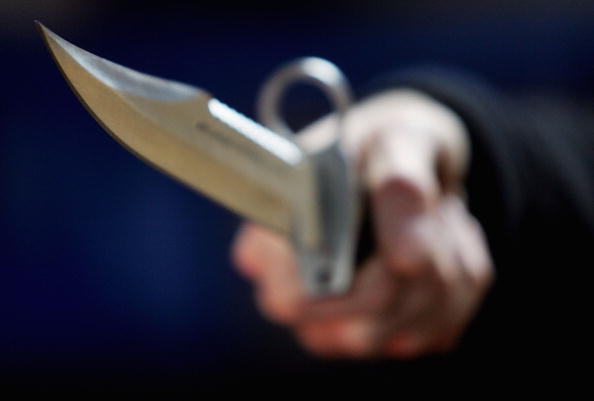I’m a member of a small and weird minority, the conservative urbanophiles. Obviously cities are nests of degeneracy and, even worse, the false faith of progressivism – my postcode voted 82 per cent Remain and the Tories finished fourth in 2015 – but nevertheless urbanisation is glorious, the best thing our species ever did. City life means socialising, culture and prosperity.
But the English-speaking world forgot two important things about city life in the 20th century, lessons that have been painfully half re-learned: that cities should be beautiful and cities need to be civilised. The story of American urban decline in the late 20th century is especially tragic, hollowed out by architectural vandalism, community-destroying motorways, and most of all the breakdown of law and order. In contrast suburbanisation represented a retreat from public life. London is never going to reach US levels of violence and urban decay, partly because of our gun laws and the lack of available places for a middle class to escape to, but nevertheless the fourth fatal knife murder in as many days is something the mayor might want to think about.
Knife crime is up in London 40 per cent on last year, and on top of many ruined lives it has a terrorising effect that goes beyond its victims. Mary Wakefield’s recent piece about being scared in her local park will be depressingly familiar to many Londoners; there was actually a murder in her playground a couple of years back, in front of children, something that perhaps might once have been national, front-page news. I read Mary’s article while in the Highlands, during a brief period of wi-fi availability, and for a moment I found the idea of driving half an hour to buy a pint of milk and worrying about ticks quite attractive.
Our local playground is safe, but even in my middle-class neighbourhood I’ve seen teenagers throw rocks at people in broad daylight, a woman having a knife pulled to her throat, a man beaten up by a gang for no reason. Half a mile or so from our house is a different world altogether; there have been three shootings in the past year and several stabbings within this small radius, and I’ve counted three murders so far, including one only about 200 yards from my kid’s school. This sort of things affects people in different ways, I suppose, and I’m more neurotic than most; but as the Russian proverb goes, an idiot can throw a stone down a well that 100 clever men cannot shift. It only takes a small number of bad guys to make life unpleasant for a much larger number.
Of course all our attitudes to crime are relative; even today’s level of knife violence is way down from the late noughties, when it was especially high before a determined police effort combated the problem. We’re way more violent than the 50s but somewhat less so than the 90s. Personally I tend to take the view that we should be comparing ourselves to the most peaceful period in London’s history, just as we would expect our health or economic statistics to be the best of all time, rather than an improvement on a very bad era.
The recent increase in violent crime may have something to do with the big decline in stop and search, which fell by 41 per cent from April 2015, at the instigation of the-then Home Secretary Theresa May. Luckily she has been punished for her failure by dismissal and reje… oh wait.
Stop and search is fairly effective, although the literature is mixed and it may just be that it correlates with a reduction in crime because it’s a proxy for hot spot policing – that is, heavily targeting a particular area. However it’s politically contentious because a disproportionate number of those stopped are black (over six times the white rate before May intervened, four and a half times after). And so, even though aggressive policing from 2007-2010 reduced knife crime, soon enough a politician or racial equality spokesman or someone else who Radio 4 takes seriously will complain that the police are racially profiling, because God forbid that trained crime-fighters notice patterns rather than living in a state of child-like innocence.
The BBC will then publicise these shocking statistics in an entirely misleading way that fails to also mention the highly relevant crime figures. Then the politician in charge will lean on the police, the police will ease up, knife crime will go up, and some poor teenagers will die needlessly. And then public concern will rise and we’ll be back to the first stage of the predictable cycle.
And so a simple thing like keeping life civil – which with a modern police force’s resources and technology should be far easier than it was 50 years ago – has to be juggled with tedious big-city race politics. One of the most clichéd of diversity-speak words is ‘vibrant’, which has come to be used mostly ironically to describe violent areas, but the reality is that, by increasing the transactions costs in society, diversity makes politics and government undynamic, unresponsive and even lethargic. London already lacks a lot of things that make city life worthwhile – affordable housing, decent cycle lanes – let’s not let it lose its civility either.







Comments